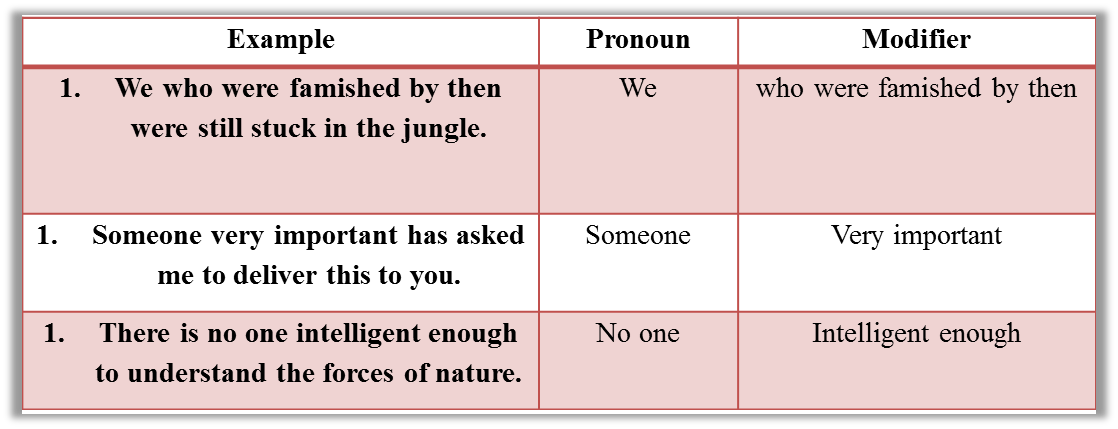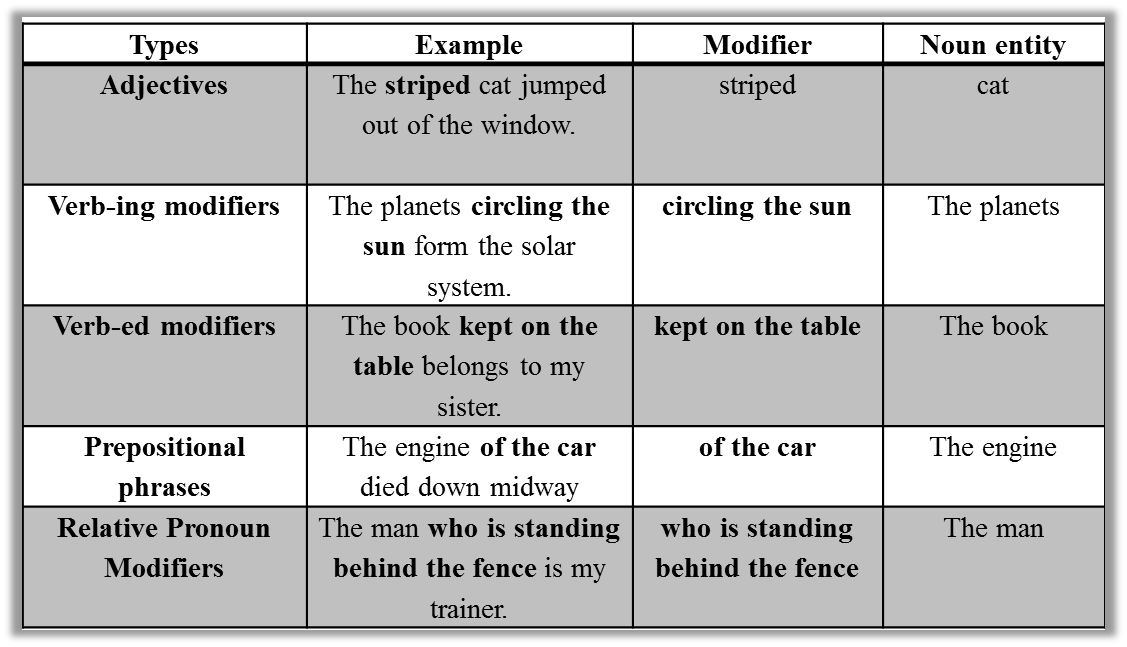souvik101990 wrote:
Joachim Raff and Giacomo Meyerbeer are examples of the kind of composer who receives popular acclaim while living, often goes into decline after death, and never regains popularity again.
A. often goes into decline after death, and never regains popularity again
B. whose reputation declines after death and never regains its status again
C. but whose reputation declines after death and never regains its former status
D. who declines in reputation after death and who never regained popularity again
E. then has declined in reputation after death and never regained popularity
so if the correct statement becomes
Joachim Raff and Giacomo Meyerbeer are examples of the kind of composer who receives popular acclaim while living, but whose reputation declines after death and never regains its former status.
As far as i remember a rule says
independent clause, dependent clause -- correct construction
independent clause, independent clause --NOT correct
independent clause, FOR/AND/NOT/BUT/OR/YET/SO independent clause -- Correct construction
However in the corrected sentence we find
Independent Clause, BUT dependent clause.
Isnt this violating the rule?
Souvik,
First of all you are absolutely correct that the typically Comma + FANBOYS construction is used to connect TWO independent clauses. Secondly, you are correct in identifying that the second clause in the correct sentence is NOT an INDEPENDENT CLAUSE.
So why the disconnect between this "RULE" and the "Official Answer".
Because - this rule is more of a standard practice than a hard and fast rule. When I say hard and fast rule, I mean the rules such as SV must always agree in number, which relative pronoun modifiers should modify nouns or pronouns and not verbs or clauses, etc.
Just take a step back and understand why is it we use punctuation - we use punctuation so that the sentence is readable. In oral communication, we punctuate by varying pauses. In written communicates, we punctuate by using punctuation marks. For this purpose there are some general guidelines in English language that we should follow but at times there may be sentences in which we do not need any punctuation at all and in some other sentences we may need to punctuate even if the sentence does not technically break into independent clauses. (This sentence is an example of the sentence that is overly complex and is not punctuated well).
Now lets take a look at a few example sentences - all of which are CORRECT.
IC - marked in
BluePhrases - marked in
PinkPunctuation - Marked in
GREEN1:
Tom teaches in high school and attends part time Master's program.
2:
During the week Tom teaches in school, and on the weekend he works as a freelance tutor.
Sentences 1 and 2 follow typical construction. No issues here at all.
3:
During the week Tom teaches in school and on the weekend he works as a freelance tutor.
Sentence 3 does not use a comma to connect two independent clauses. Now this is fine since the two clauses are relatively short and the structure of both clauses is very similar. In fact there is no readability issue with this sentence without punctuation. So we can drop the comma in sentences such as these.
4.
Tom teaches in high school in the suburban area on the eastern coast of Mississippi river during the weekdays so that he can financially support his family, and attends part time Master's program during the weekend so that he can accomplish his lifelong dream of getting a Master's degree.
Sentence 4 uses a comma even though what follows comma + and is not an independent clause. Now in this sentence we definitely need the comma to separate out the two portions of the sentences so that the intended meaning can be communicated in the first read of sentence itself. If comma will not be used then we may need to re-read the sentence to make sense out of it.
Now I am sure you will be thinking "so when do I know if I have to use comma + FANBOYS? How do I eliminate choices based on this?"
The answer is - You should not eliminate choices just based on the usage of comma + FANBOYS. First of all this punctuation "rule" is actually a GUIDELINE and a VERY IMPORTANT one since it helps you break the sentence down into smaller clauses. Secondly, as we saw in the official question in question and the example sentences, there are cases when we may or may not use comma. So make a note of following:
DO NOT USE PUNCTUATION ERRORS such as COMMA + FANBOYS to ELIMINATE ANSWER CHOICES IN the FIRST OR SECOND ELIMINATIONS. First use grammatical basis and meaning basis and then if you are down to final two choices and have already evaluated these for more deterministic grammar and meaning/logic based errors, then you may use this punctuation "error".
PAY CLOSE ATTENTION TO PUNCTUATION WHEN IT COMES TO USAGE OF MODIFIERS or CONNECTING ELEMENTS IN LISTS. See
this article for more discussion on how to use verb-ing modifiers.
I hope this helps.
Regards,
Payal

 Hi folks,
Hi folks,





![]() Noun Phrase & Noun Modifiers.docx [24.07 KiB]
Noun Phrase & Noun Modifiers.docx [24.07 KiB] 









